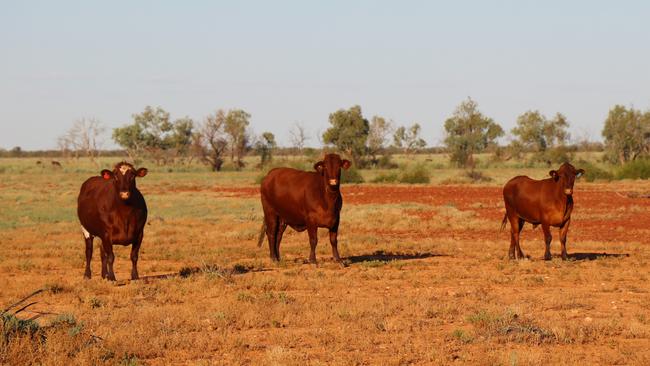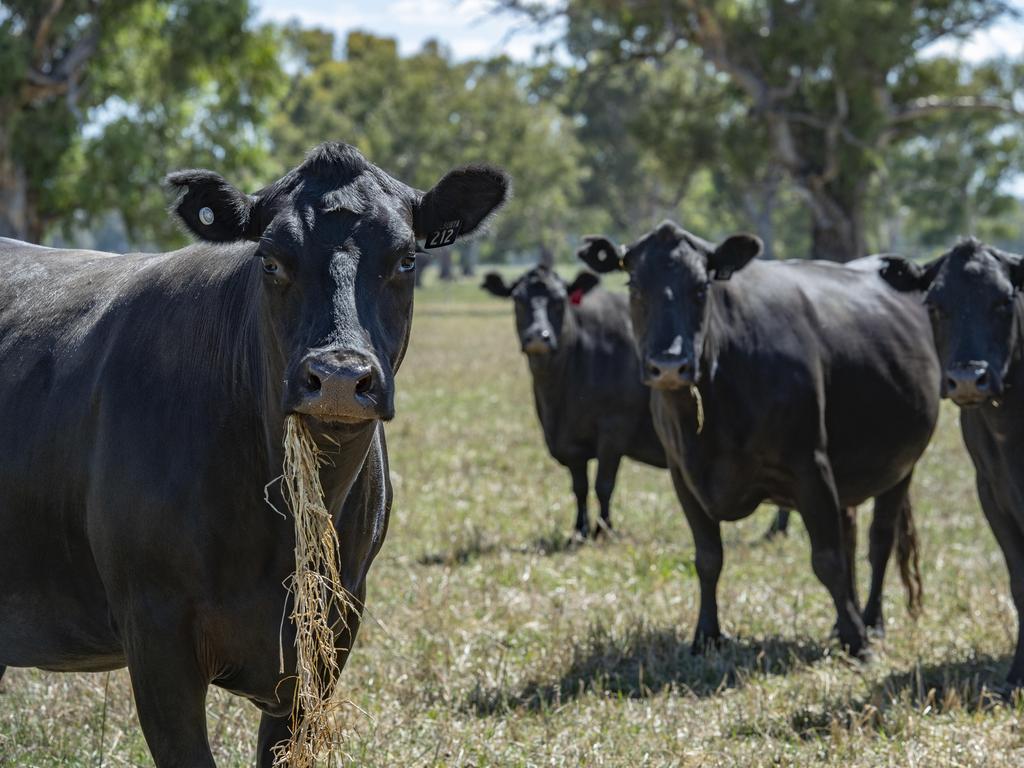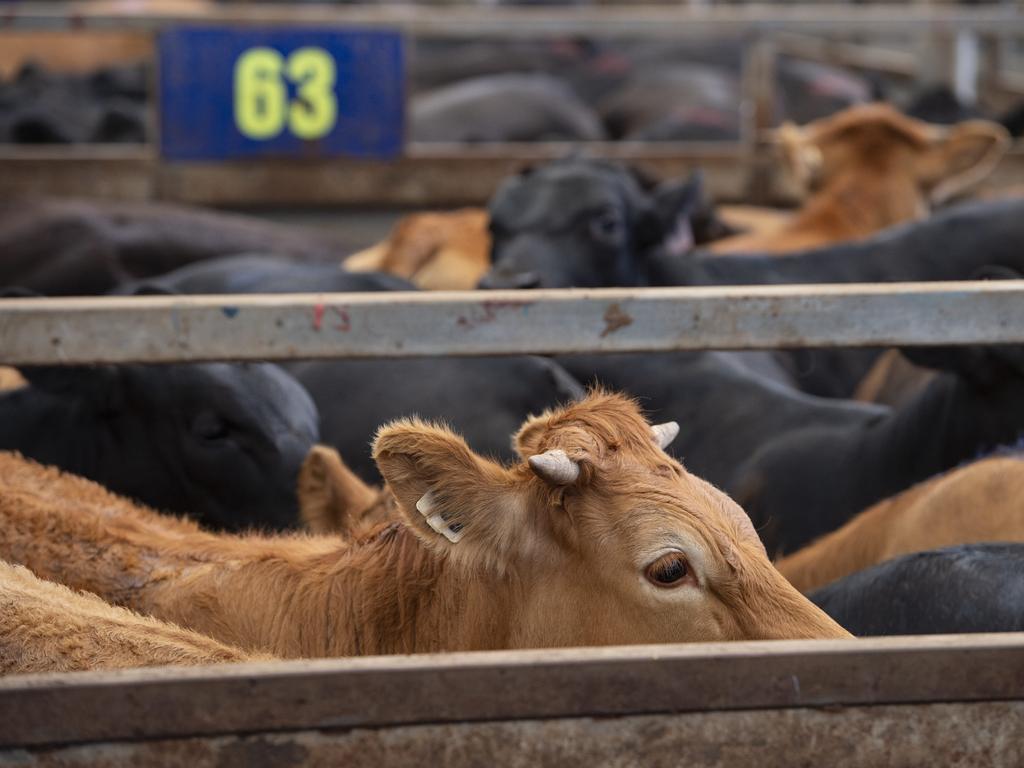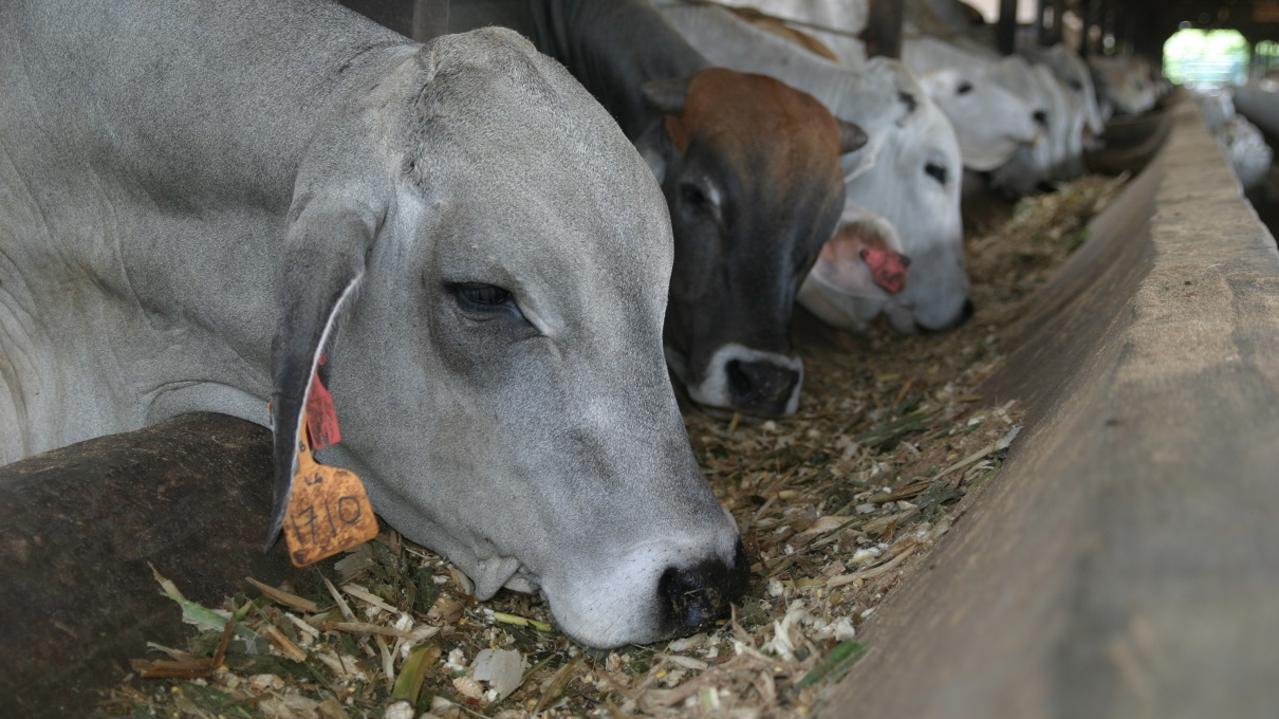Global Food Forum: Gui to hold onto stake in Kidman cattle business
The Chinese part-owner of the once-mighty Kidman cattle empire is not withdrawing his investment from Australia, according to the chief executive of S. Kidman and Co, John McKillop.

The Chinese part-owner of the once-mighty Kidman cattle empire is not withdrawing his investment from Australia, according to the chief executive of S. Kidman and Co, John McKillop.
Mr McKillop told the Global Food Forum in Melbourne that Shanghai CRED, the Chinese real estate company headed by Guojie Gui which owns 33 per cent of Kidman, remained a keen and involved partner in the cattle business.
Mr McKillop heads the agricultural empire of billionaire Gina Rinehart, including both the 2.2 million hectares and 150,000 cattle owned outright by Hancock Prospecting, and her 67 per cent stake in Kidman, bought in 2016 for $386m.
“Mr Gui is not getting out of Kidman; I don’t know where the rumours started but there is no change to the ownership structure,” Mr McKillop said.
There had been speculation that the recent sell-off by Mrs Rinehart of eight cattle stations – including the $105m purchase of famed Riveren and Inverway in the NT last month by Hughes Pastoral – was driven by the need to buy Shanghai CRED out of the Kidman business.
Key stations sold in the past year include Aroona, Willeroo, Sturt Creek and Ruby Plains in WA, and Innamincka and Macumba stations in South Australia, which together fetched more than $250m. Most were bought by local station owners including the Emmanuel and Brett families and Crown Point Pastoral.
Mr McKillop also announced that management of the Kidman and Hancock Agriculture cattle properties – which together cover more than 10 million hectares – was being centralised in Brisbane and co-ordinated as one group.

This pragmatic move spells the end of historic Kidman as a leading Adelaide-based business for the past 123 years, a decision lamented by many in the cattle industry.
It is also the end of the strategy perfected by founder and former drover Sir Sidney Kidman, where cattle stations were purchased along the north-south backbone of Australia so that calves could be bred in the Gulf, reared in central Australia and fattened and slaughtered in South Australia.
Mr McKillop said the focus of the Hancock and Kidman group was now to breed cattle in northern Australia, fatten them in feedlots on the Darling Downs and northern NSW and slaughter them close to Brisbane.
Premier wagyu cattle are also being bred on the highly productive NSW stations owned by Hancock, with Mrs Rinehart a great supporter of the prized breed with its highly marbled meat.
Speaking as chairman of the national Red Meat Advisory Council, Mr McKillop told the Global Food Forum that the livestock industry remained deeply concerned about the recent outbreaks of both foot and mouth disease and lumpy skin disease in neighbouring Indonesia.
Both disease have the potential to devastate Australia’s livestock industries, with mass killings of sheep and cattle likely if FMD makes its way here.
Mr McKillop said 65 per cent of Australia’s $13bn red meat exports would disappear overnight because of bans by key trade partners, if either FMD or LSD was detected in Australia.
He said the industry was on an “alert but not yet alarmed” footing, with the greatest concerns focused around LSD as the virus is spread via insects that can be carried on the wind, on cargo ships or via tourists on planes from Bali.
FMD may arrive on the shoes of tourists who have visited Indonesian farms or been in contact with dead cattle.
“It’s a big issue; we should all be worried,” said Mr McKillop, who will be talking with the new federal government about biosecurity in coming days.
He said the focus would be on ensuring Australia can manufacture enough vaccines, if needed, to inoculate livestock.







To join the conversation, please log in. Don't have an account? Register
Join the conversation, you are commenting as Logout